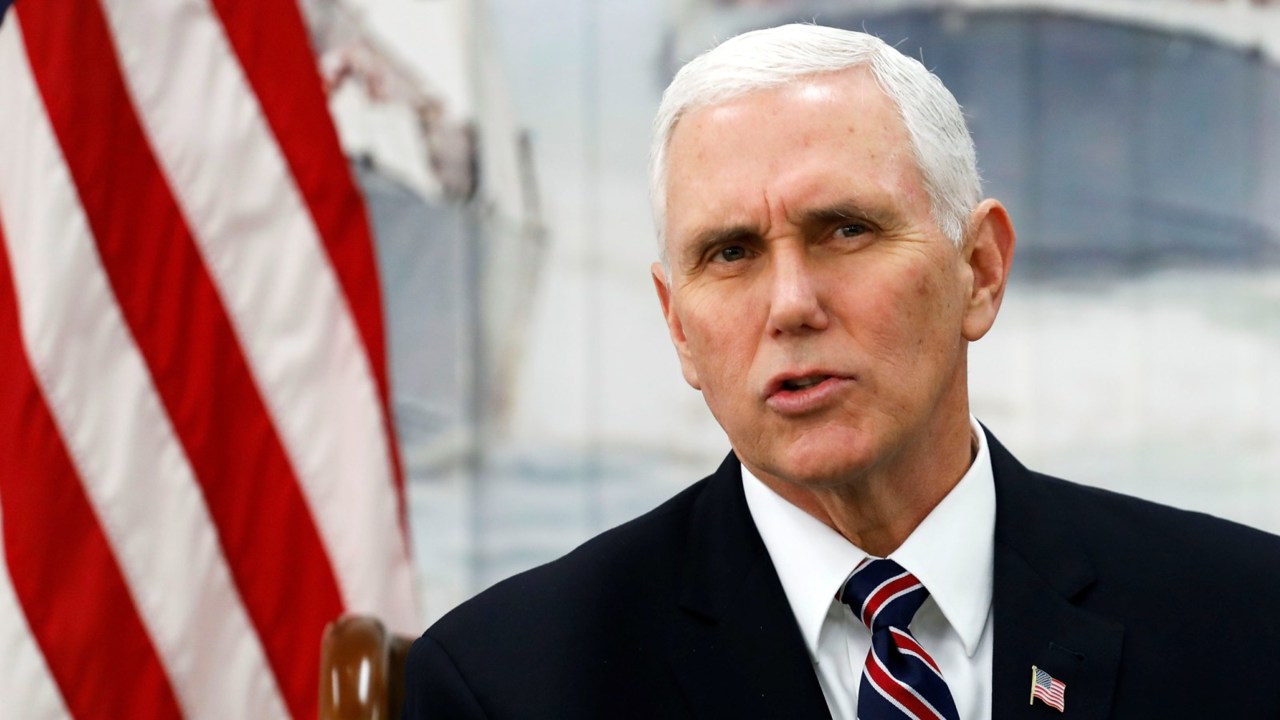
Shinzo Abe’s historic visit to Darwin was freighted equally with symbolism and substance.
The only Australian city bombed by the Japanese in World War II also saw a serious move in the geo-strategic competition between China on one side, and the US, Japan and Australia on the other.
Abe and Australia’s Scott Morrison finalised a memorandum of understanding on a joint infrastructure venture.
This will facilitate work to provide infrastructure through aid and concessional finance in Third World countries, but is overwhelmingly directed at the South Pacific.
This was on the same day China’s President Xi Jinping was announcing a big increase in Beijing’s South Pacific infrastructure play in Port Moresby.
This is not a Cold War. It certainly does not constitute a policy of containment against Beijing by Washington, Tokyo or Canberra.
But it is an element of strong strategic competition.
Beijing’s relationship with the three allies is one that mixes a great deal of strategic co-operation with a good deal of competition.
Japanese and Australian leaders are too polite to say it, and it would be counter-productive to be too explicit, but their infrastructure agreement is aimed at strategic denial of Beijing in the South Pacific.
Also Morrison and Abe for the first time put a date for completion of their Reciprocal Access Agreement: early next year.
The RAA is the equivalent of a Status of Forces Agreement with another country. Its purpose is to allow much greater and easier military co-operation and joint exercises between Japan and Australia. This is a historic advance for the World War II adversaries.
Morrison deserves credit for a series of profoundly important strategic decisions and accomplishments over the past couple of weeks.
These have been to some extent overshadowed by the controversy surrounding the consideration of moving the Australian embassy in Israel from Tel Aviv to Jerusalem, a perfectly defensible idea but one that has now run out of control and has overall not been particularly well explained by the government.
But we shouldn’t lose sight of the significant issues of strategic substance the Morrison government has advanced.
For a long time, Australia foolishly got out of the big infrastructure business in its aid program, including in the South Pacific.
Infrastructure projects are often subject to corruption but Canberra’s prejudice against infrastructure was dumb.
In the area of primary strategic significance to us, the South Pacific, it virtually guaranteed dangerous intrusion from Beijing.
Morrison’s infrastructure initiative, his raft of new South Pacific diplomatic posts, and his military and other aid to the island region, plus labour mobility plans, represent the greatest change in direction of Australian policy towards the South Pacific in decades.
Japan is an expert in infrastructure and for Canberra to work intimately with Tokyo on this is good sense. Similarly, this is also a co-ordinated part of a tripartite arrangement involving the US.
At the same time, Morrison has overseen a substantial improvement in Australia’s relations with China. The Chinese were happy to hold the annual leaders’ dialogue with Morrison and Chinese Premier Li Keqiang. The Chinese even suggested the change in leadership from Malcolm Turnbull to Morrison had cleared the air.
Turnbull certainly deserves no criticism for the recent troubles with Beijing, and Beijing’s changing attitudes to Canberra can have many causes, but Morrison’s government deserves credit for bringing it about.
This thaw with Beijing also followed a tough and sound decision by Josh Frydenberg to prevent the Hong Kong CKI Group from taking over APA Group’s gas pipeline network.
That Morrison could take all these tough decisions while keeping his China rhetoric generally positive is a promising sign he can get the Beijing balance right, or as right as anyone can.



